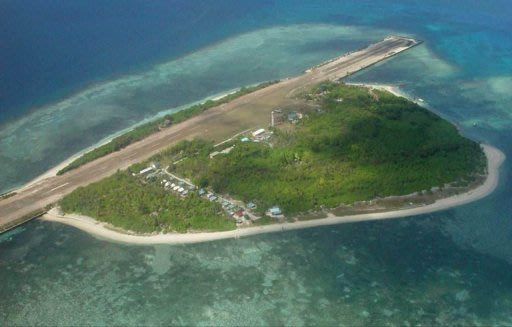
The Chinese official was quoted by Chinese newspapers as saying that Yuzheng 312, the Chinese fleet's largest in terms of displacement, had left Guangzhou and sailed to the South China Sea to better safeguard the interests of Chinese fishermen there.
The vessel has a displacement of 49.5 million tons and a navigation capability of 2,400 nautical miles with a maximum speed of 14 knots.
The move came after the South China Sea Fleet under the Chinese People's Liberation Army (PLA) recently dispatched several modern warships to carry out high-sea training mission in the disputed region.
Reports emanating from Beijing said Chinese Navy's high-sea training include complex scenarios close to actual combats, which will effectively enhance its capability to accomplish diversified military tasks.
This is the second time the Chinese Navy has organized routine military training this year in the South China Sea.
The warships participating in the training include the Lanzhou, a guided missile destroyer, the Yulin and Hengshui, guided missile frigates, the Jinggangshan, an amphibious dock landing warship.
According to reports these ships are all equipped with long-range air-defense and anti-ship missiles, short-range quick air-defense guns and ship-borne helicopters, and are of comprehensive combat capabilities such as strong regional and point air defense as well as anti-submarine and anti-ship capabilities.
The warships will sail across the Bashi Channel and carry out a series of actual combat confrontation drills in the Western Pacific on such training subjects as maritime maneuver operation, maritime sovereignty protection, high-sea escort, support operation, and so on.
Chinese officials said these trainings will fully display the determination of the Chinese government and the armed forces to safeguard territorial sovereignty and maritime rights and interests in the region.
Moreover, they said the training will test and improve the commanding and coordination capability as well as comprehensive combat capability to accomplish diversified military tasks of the Chinese naval forces.
China already confirmed that these high-sea trainings conform to international laws and international common practice.-Yahoo News Philippines (April 01, 2013)

No comments:
Post a Comment